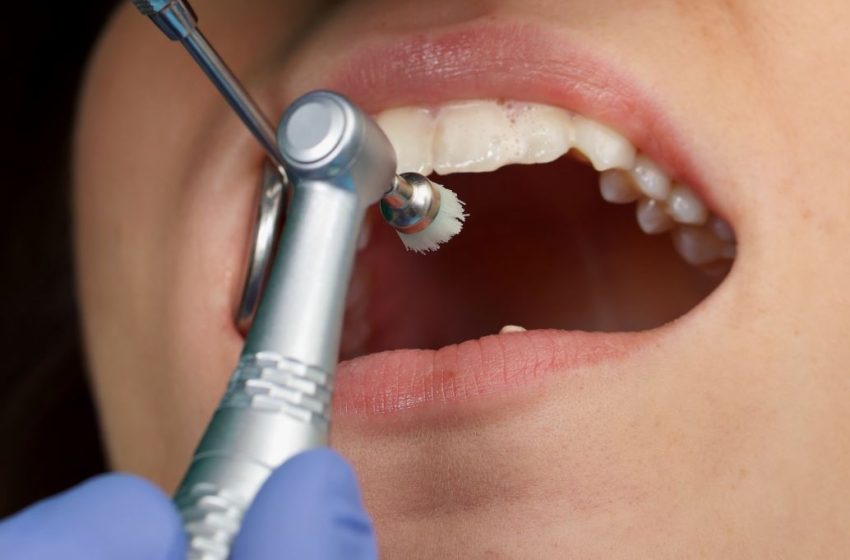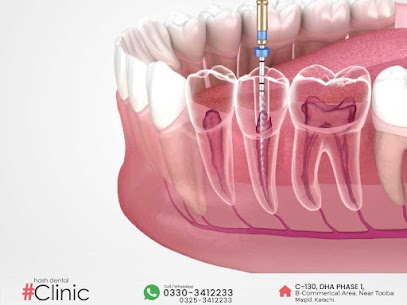What To Know About Professional Flouride Treatment

Fluoride is a naturally occurring mineral found in varying concentrations in water and food. It is well-regarded for its role in strengthening teeth and bones. However, the use of fluoride treatments—whether applied topically by a dentist or ingested in supplements—has sparked considerable debate. While Dental fluoride treatment is beneficial in controlled amounts, excessive fluoride intake can pose health risks. This article will explore the safety of fluoride treatments, the benefits they offer, their applications, potential side effects, and the overall conclusion on their use.
Professional Recommendations
The Australian Dental Association suggests that professional fluoride treatments should be administered at least annually, though this recommendation can vary based on individual needs. For individuals with a higher susceptibility to cavities or a history of dental issues, more frequent treatments may be necessary. The fluoride used in professional dental treatments typically has a higher concentration than the fluoride found in food or water. This concentrated application is designed to provide a more direct and effective treatment but also raises questions about potential health risks. Regular dental check-ups and professional guidance help ensure that fluoride treatments are used safely and effectively, tailored to each patient’s specific needs.
Benefits of Fluoride Treatments
Fluoride treatments offer several key benefits for dental health:
-
For Children: Fluoride treatments are particularly beneficial for children, aiding in the development of strong, healthy teeth. By preventing tooth decay and reversing early-stage cavities, fluoride helps ensure that children’s teeth remain healthy as they grow.
-
For Adults: In adults, fluoride treatments are used to combat tooth decay and strengthen enamel. Adults who experience frequent dental issues or have specific oral health concerns can benefit from the additional protection and remineralization that fluoride provides.
Fluoride treatments are not limited to just preventive care; they also address existing dental conditions and provide long-term benefits for oral health.
Application Methods
Fluoride treatments come in several forms, each tailored to different needs and preferences:
-
Gels and Foams: These are often applied in a dental office and are designed to provide a high concentration of fluoride directly to the teeth. They are typically used for short periods and then rinsed off.
-
Mouthwashes: Fluoride mouthwashes are used as a daily or weekly supplement to help maintain fluoride levels and strengthen teeth between professional treatments.
-
Varnishes: Fluoride varnishes are applied directly to the teeth and left on for a period to allow the fluoride to be absorbed. This method is effective for both children and adults.
-
Supplements: For individuals with a higher risk of tooth decay, fluoride supplements may be recommended. These can be in the form of tablets or drops and are usually taken orally.
Each method has its own application process and is selected based on the patient’s specific dental needs and preferences.
Potential Side Effects
While fluoride treatments are generally safe when used as directed, excessive fluoride can lead to several side effects:
-
Pitting and Discoloration: Overexposure to fluoride can cause cosmetic issues, such as pitting and discoloration of the teeth. These effects are usually more common with excessive intake rather than topical application.
-
Bone Homeostasis Imbalance: Excessive fluoride can disrupt the balance of bone homeostasis, potentially leading to weakened bones and other bone-related issues.
-
Weak Bones: Long-term overuse of fluoride can contribute to bone weakness, increasing the risk of fractures and other bone problems.
-
Nausea, Fatigue, and Diarrhea: Ingesting large amounts of fluoride can cause gastrointestinal issues such as nausea, fatigue, and diarrhea. These symptoms are generally associated with high doses rather than typical dental treatments.
Monitoring fluoride use and adhering to recommended guidelines can help minimize these risks and ensure the treatment remains beneficial.
The Bottom Line
Dental fluoride treatment are an important tool in maintaining and improving oral health for this consult san jose dentist. They offer significant benefits, especially for preventing tooth decay and strengthening teeth. When administered appropriately, fluoride treatments are safe and effective. However, it is crucial to use fluoride within recommended limits to avoid potential side effects. Various dental clinic offers professional fluoride treatments designed to meet the needs of various patients, including controlled treatments for young children to support healthy tooth development. Regular dental visits and professional advice play a key role in ensuring that fluoride treatments are used safely and effectively, contributing to long-term oral health and well-being.


